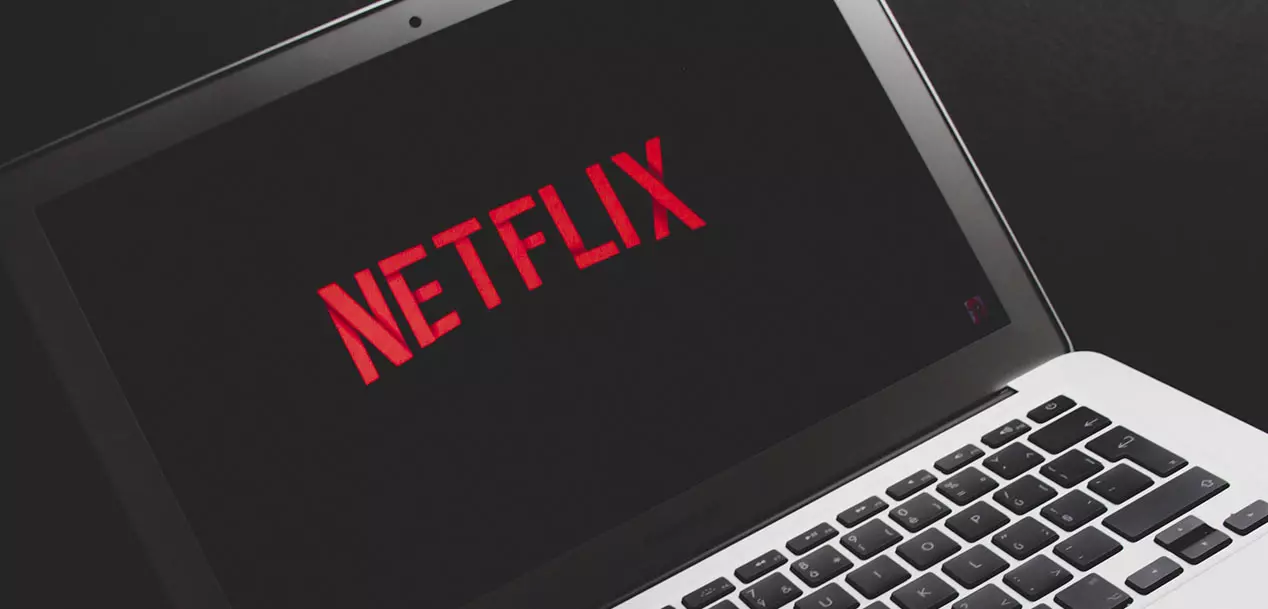
Instant transfers are often shunned by users due to their high price, but that may soon change. They could become free from next year in all banks in Europe.
When you want to make a bank transfer, you generally have the choice between a classic transfer, or an instant transfer. While it takes 1-3 days for the first to arrive on the recipient’s account, the second only takes a few seconds. This service is obviously charged by most banks, but this could soon change.
Indeed, our colleagues from MoneyVox explain that a legislative proposal adopted on Wednesday, October 26 could make it possible to lower the price of instant bank transfers, or even eliminate them. Only ” 11% of all euro transfers made in the EU [sont] snapshots “, which is far too little for the taste of the European Commission.
Read also : Paylib: instant transfers by smartphone will become widespread by summer
Will instant bank transfers soon be free in Europe?
According to the European Commission, 200 billion euros would be blocked daily within the European Union because of the ” floating delays » transfers, ie the time between which the transfer leaves your bank account and arrives on that of your recipient. Europe therefore intends remove barriers that prevent the widespread use of instant payments and the benefits they provide “.
For this, it is imperative that the banks reduce the price of these instant transfers. If the new text does not clearly stipulate that the banks will have to make them free, it specifies however that their price cannot be “ higher than that of traditional and non-instantaneous transfers in euros “.
Since traditional transfers are generally free at most banks, it is very likely that these will also have to make instant transfers free. Either way, it probably won’t be long before we learn more about it.
The new text also specifies that the security of these new transfers will not be neglected. It requires verification of the match between the bank account number (IBAN) and the name of the beneficiary provided by the payer in order to alert the latter of a possible error or fraud before the payment is made “, because it is not possible to cancel an instant transfer.
The new text could come into force at the end of Novemberafter which banks that do not offer instant transfers will have 6 months to get up to speed. Instant transfer prices are therefore expected to fall over the next few months, before becoming free by the end of next year.
Source : MoneyVox



